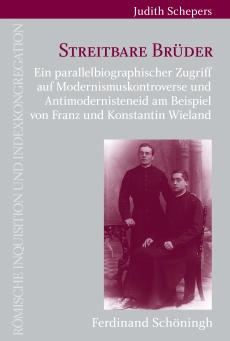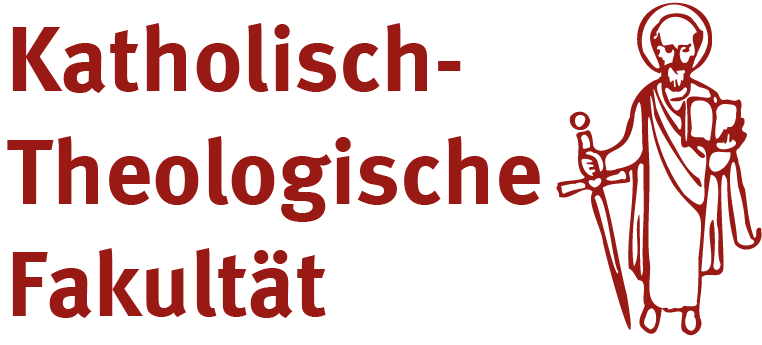Streitbare Brüder

In the twentieth century, few papal measures have been fought over as intensely as the "Oath against Modernism". Even within the Roman Congregation of the Sanctum Officium, the oath was interpreted in various ways. Within the context of the modernist crisis of theology and the Church, many theologians came into conflict with the Church's Magisterium. Such was the case of the unequal Wieland brothers. Franz Wieland and his younger brother Konstantin were both priests who shared a common fate. They were both unfrocked for refusing to take the oath against modernism. Their protest against the oath, which, in their opinion, inappropriately extended the obligation of faith, was unique in Germany. Moreover, the Wielands' criticism prompted the highest Roman religious authority to clarify the understanding of the wording of the oath, a fact that was unknown in the literature before this study. As a result of this process, the interpretation of the oath as a "declaration of obedience" prevailed over the dogmatic view of it as a "profession of faith".
Judith SCHEPERS, Streitbare Brüder. Ein parallelbiographischer Zugriff auf Modernismuskontroverse und Antimodernisteneid am Beispiel von Franz und Konstantin Wieland, Paderborn et alibi 2016, 403 pages, hardcover, ISBN: 978-3-506-77790-4.

